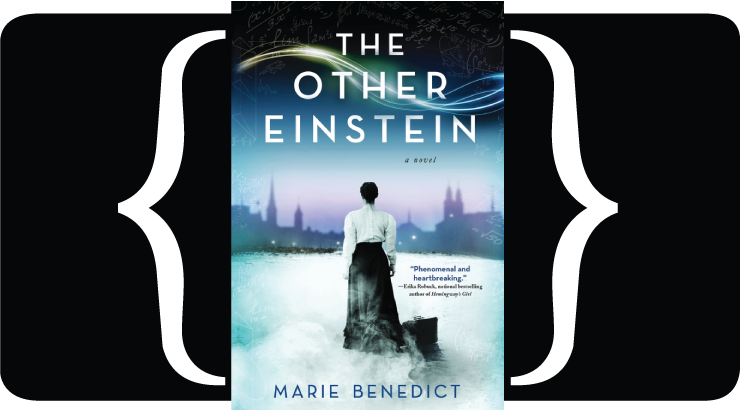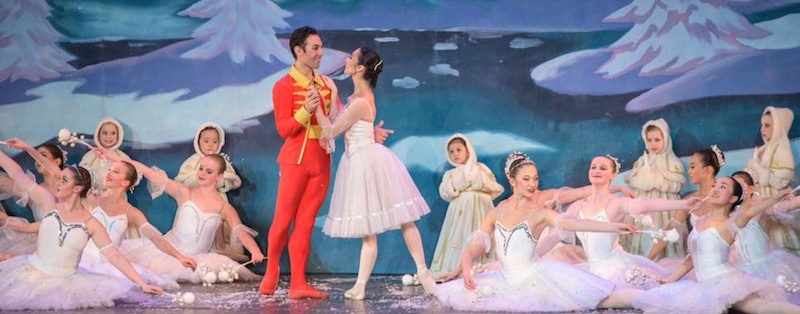Preview: Student Partnerships in Technology and Performing Arts Showcase
Professor Michael Gurevich is a facilitator.
As the assistant professor and chair of the Department of Performing Arts Technology at the University of Michigan’s School of Music, Theatre and Dance, it’s Gurevich’s job to help his students make connections between seemingly disparate things, be it computer music and improvisation or tap dancing and video games.
On December 13 at 7:30 pm, the public can watch some of these collaborations at the Student Partnerships in Technology and Performing Arts Showcase, the first event from an experimental pilot course Gurevich developed to bring together artists from the tech side (electronic musicians, coders, etc.) and the traditional arts (dancers, instrumentalists, etc.) Held in the state-of-the-art Chip Davis Technology Studio in the Earl V. Moore Building, the multimedia and performance showcase promises to be a head-twisting exploration of artistic intersections.
In the video below, Pulp editor Christopher Porter interviewed Gurevich and asked him about the showcase -- which is free -- and how it all plays into the University of Michigan’s Third Century Initiative: "As U-M prepares to celebrate its bicentennial in 2017, the Third Century Initiative has been established to inspire innovative programs that enhance the student learning experience and develop creative approaches to the world’s greatest challenges."









































